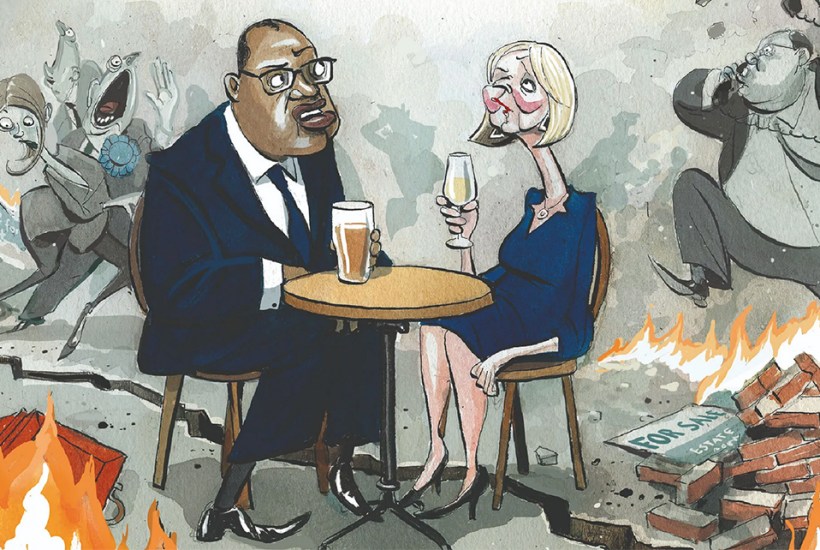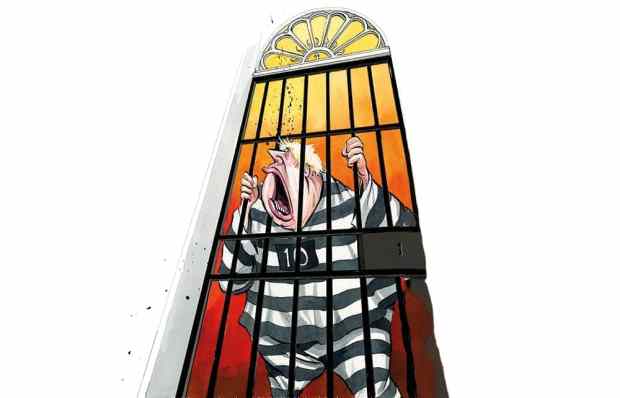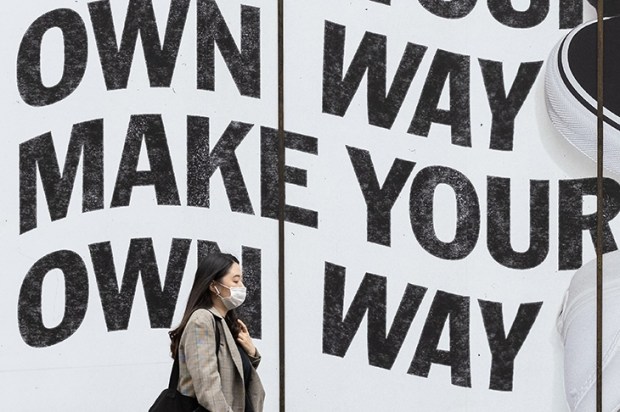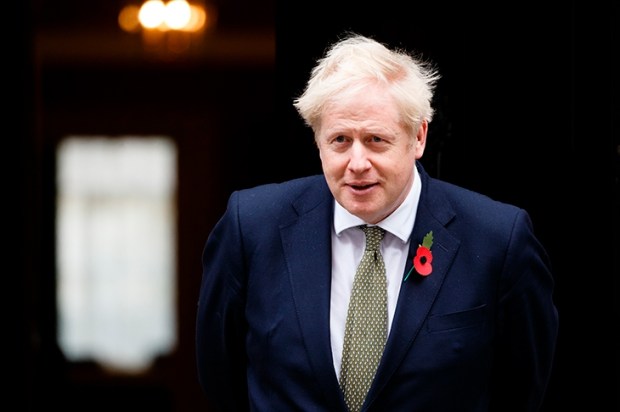The year of the three emperors in Prussia changed world history. In 1888, Wilhelm I died and was succeeded by his more liberal son, Friedrich III. However, Friedrich’s reign was cut short by cancer. He died after just 99 days. He was followed by his 29-year-old son Wilhelm II – better known in this country as Kaiser Bill, whose more bellicose approach increased tensions in Europe and led, eventually, to war.
If Friedrich had survived, the first world war – and, therefore, the second world war – might never have happened. He was a reformer, an Anglophile (he was married to a British royal) and not motivated by the same militarism that his son was.
The year of the three British prime ministers will not have such a dramatic effect on the world. But there is an intriguing question as to whether the political drama of 2022 is due to exceptional circumstances or if it suggests that British politics is becoming less stable. Advocates of the latter view point to the fact that although this year has been particularly dramatic, there have been five prime ministers in the past six years – while the five PMs before that collectively were in office for 33 years.
Boris Johnson was, certainly, a unique prime minister. The Tory party would never have turned to him in normal times. As one of those who knows the Tory party best liked to say: ‘The Tory party will only turn to Boris when it is three-nil down and there are only 15 minutes to go.’ In 2019, with the Conservatives having come fifth in the European elections and parliament deadlocked over Brexit, they were at least three down. Johnson did turn it around. Yet once he had broken that impasse with his election victory, it was not clear what the purpose of his government was. This problem was compounded by Covid, which dominated government decision-making, consumed most of Johnson’s parliamentary capital and distorted his political persona.
Johnson’s transactional relationship with his MPs – they supported him because he was a winner – meant that he was always particularly vulnerable to shifts in the polls. As public opinion turned against him and he seemed incapable of getting a grip on Downing Street, ministers deserted him in such numbers that he very reluctantly had to resign.
He left behind a party that wasn’t quite sure what it stood for any more. Johnson likes to style himself as a ‘Brexity Hezza’ and he embraced the state more than any Tory prime minister since Ted Heath. This approach contributed to an ever-rising tax burden which discombobulated a party that thinks of itself as instinctively low-tax.
In the leadership contest that followed Johnson’s departure, Liz Truss promised tax cuts. But at the same time she promised more spending too. It was a sign that the Tories had got out of the habit of making difficult decisions.
It was particularly surprising that Truss was so uninterested in spending cuts. In the run-up to 2010, she had been one of those Tory young Turks setting out how the budget could be brought back into balance. When David Cameron and George Osborne left office after the Brexit referendum, a conscious effort was made to move on from austerity. But the Tories haven’t been able to decide whether they stand for fiscal conservatism or radicalism.
The Covid pandemic exacerbated this problem. It was a situation that required huge amounts of emergency spending. It expanded the state in a way that would normally only happen in wartime. Millions of private-sector workers had the bulk of their wages paid by the government. Once the pandemic ended, there was the problem of both returning the public finances to health and dealing with the expansion in what people thought the state should do.
Rishi Sunak, the chancellor during Covid, has been a fiscal conservative for the decades that I have known him. He believes that big, new permanent spending commitments have to be paid for. But during the summer’s Tory leadership race, when the party was already alarmed at the levels of taxation, this put him in a difficult position. Truss won the contest on the argument that the Tories should cut taxes and that growth would quickly follow – and pay for it.
In her brief time in office, Truss pursued this policy with even greater fervour than she had in the leadership race. She forgot one of the great truths from Yes, Prime Minister: if you are going to be radical, look reassuring. The run-up to the mini-Budget was dominated by the sacking of the Treasury’s most senior civil servant and the rejection of an offer of a forecast by the Office for Budget Responsibility. The markets balked. Truss abandoned pretty much the entire package but lost her political authority in the process. Her time as PM lasted half as long as Friedrich’s reign as emperor of Prussia.
Since Truss’s departure, British politics has become less febrile. The Autumn Statement passed muster with the markets and Tory MPs. But this country is still facing more strikes and industrial confrontations than at any time since the 1980s. These are a reminder that high inflation (it hit a 41-year peak in November) makes politics inherently difficult.
Yet it will take more than inflation returning to normal to bring proper stability back. In the 30 years before the financial crash, productivity grew by an average of 2.2 per cent a year. Since 2008 it has grown at an average of 0.4 per cent a year. If this doesn’t change, then parties might cycle through leaders and voters might change governments but the fiscal choices facing the country will continue to become less and less appealing. How to fix the productivity problem is one of the biggest questions in British politics. As the saying has it: ‘Productivity isn’t everything, but in the long run, it is almost everything.’
The post A year is a long time in politics appeared first on The Spectator.
Got something to add? Join the discussion and comment below.
Get 10 issues for just $10
Subscribe to The Spectator Australia today for the next 10 magazine issues, plus full online access, for just $10.
You might disagree with half of it, but you’ll enjoy reading all of it. Try your first month for free, then just $2 a week for the remainder of your first year.















Comments
Don't miss out
Join the conversation with other Spectator Australia readers. Subscribe to leave a comment.
SUBSCRIBEAlready a subscriber? Log in